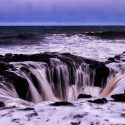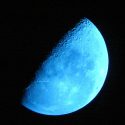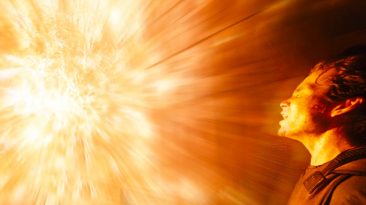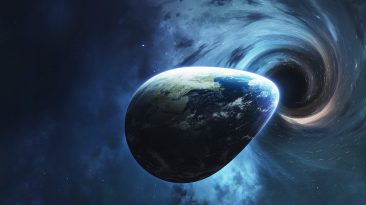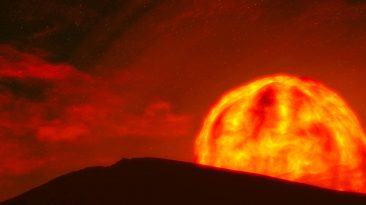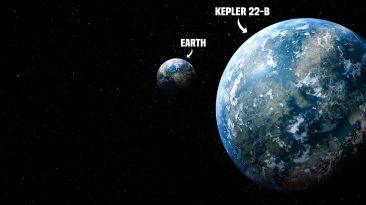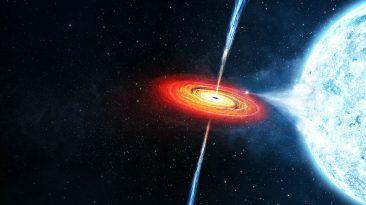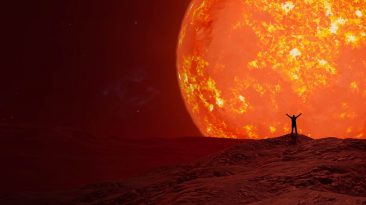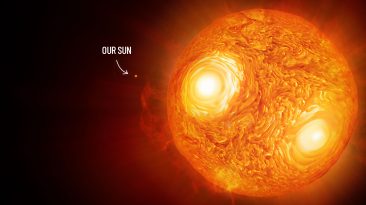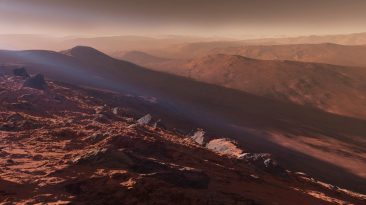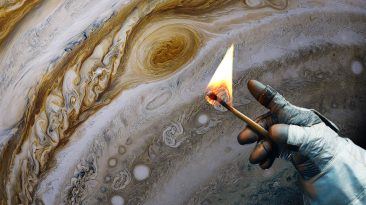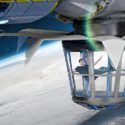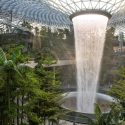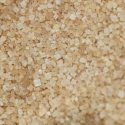Space is full of treasures. Literally. If we were able to extract the resources from the rocks in the asteroid belt alone, we could give $100 billion to every person on Earth.
What if we started mining them tomorrow? Could we restore all of Earth’s natural resources that we’ve exhausted over the years? How would this change space travel? And why haven’t we done it yet? Here’s what would happen if we started mining asteroids.
Almost 800,000 asteroids are drifting untamed in the Solar System. The majority of them make up the asteroid belt between the orbits of Mars and Jupiter. But we don’t have to go that far. There are 16,000 near-Earth asteroids laced with anything from gold to water, just waiting to be harvested. But even if we overcame all the technical challenges on the way to these gold mines of space, would we even bring these goods back to Earth?
Well, we could bring some resources back to Earth – for profit. Especially important would be phosphorus, zinc, tin, lead, silver, gold, copper and everything else that our planet is running out of.
But transporting all those precious commodities to Earth in large quantities might significantly decrease their market value on the planet.
There would be much more value in asteroid mining if we used those resources to further explore space. Sorry, Earth, we’ll come back to you later.
With all the water and building materials floating untamed in our Solar System, we’d have no problem colonizing the Moon and Mars. We’d send a crew to explore Jupiter’s moon Europa. Finally, we’d travel beyond the Solar System to the billions of star systems and exoplanets out there.
But, back to Earth for just a moment. Scientists suggest that in the early years of the Solar System, when Earth was just as lifeless as Venus, asteroids were the ones to fill our oceans with water. They were constantly hitting the young Earth, bringing not only water ice, but also some complex organic molecules.
Asteroids made life on Earth possible. And they can make life in space possible, too. Imagine you were making a road trip around Europe, but there were absolutely no gas stations along the way. You’d have to bring all your fuel with you. Traveling in space is even worse.
We’re trapped in the Earth’s gravity. It’s so strong that it takes us more energy to escape the first 300 km (186 miles) from Earth than the next 300 million km (186 million miles). It’s just not efficient to burn all that fuel for only one trip to an asteroid.
On the other hand, traveling beyond the Earth’s gravity is almost effortless. If we started mining asteroids, we wouldn’t have to carry so much fuel around. We’d be able to go further than we’ve ever imagined. We’d mine asteroids for water ice to get water – an essential element for sustaining human life anywhere in space.
Water would help us maintain good hygiene, grow food and produce breathable air. It would also give us fuel. We’d just have to refine the water molecules into high-efficiency propellant. In a way, asteroids would be our space gas stations. They would also be our main space supplier of building materials.
We’d use asteroid metals like iron to construct low-cost structures of any size we want. We’d also look for precious metals like gold, silver and platinum. But not to make a ring or necklace for our new alien girlfriend. Instead, to manufacture high-end electronics, spacecraft components, and laboratory equipment.
It’s only a matter of time before we can extract the resources that space has to offer. First, we’ll need to learn more about asteroids and their gravitational pulls, determine what kind of mining equipment to use and figure out which asteroids have the most resources to mine.
When we figure out the technical side of things, one question remains. Who will own the asteroids? What if a company or a nation won the race to space mining and privatized all the space resources? Well, expect an economic disruption, because that company or nation would run the whole world – on Earth and in space. Maybe instead of mining asteroids, we could terraform and populate them?
Subscribe to What-If on Youtube or follow the show on Facebook Watch.
[/expand]




